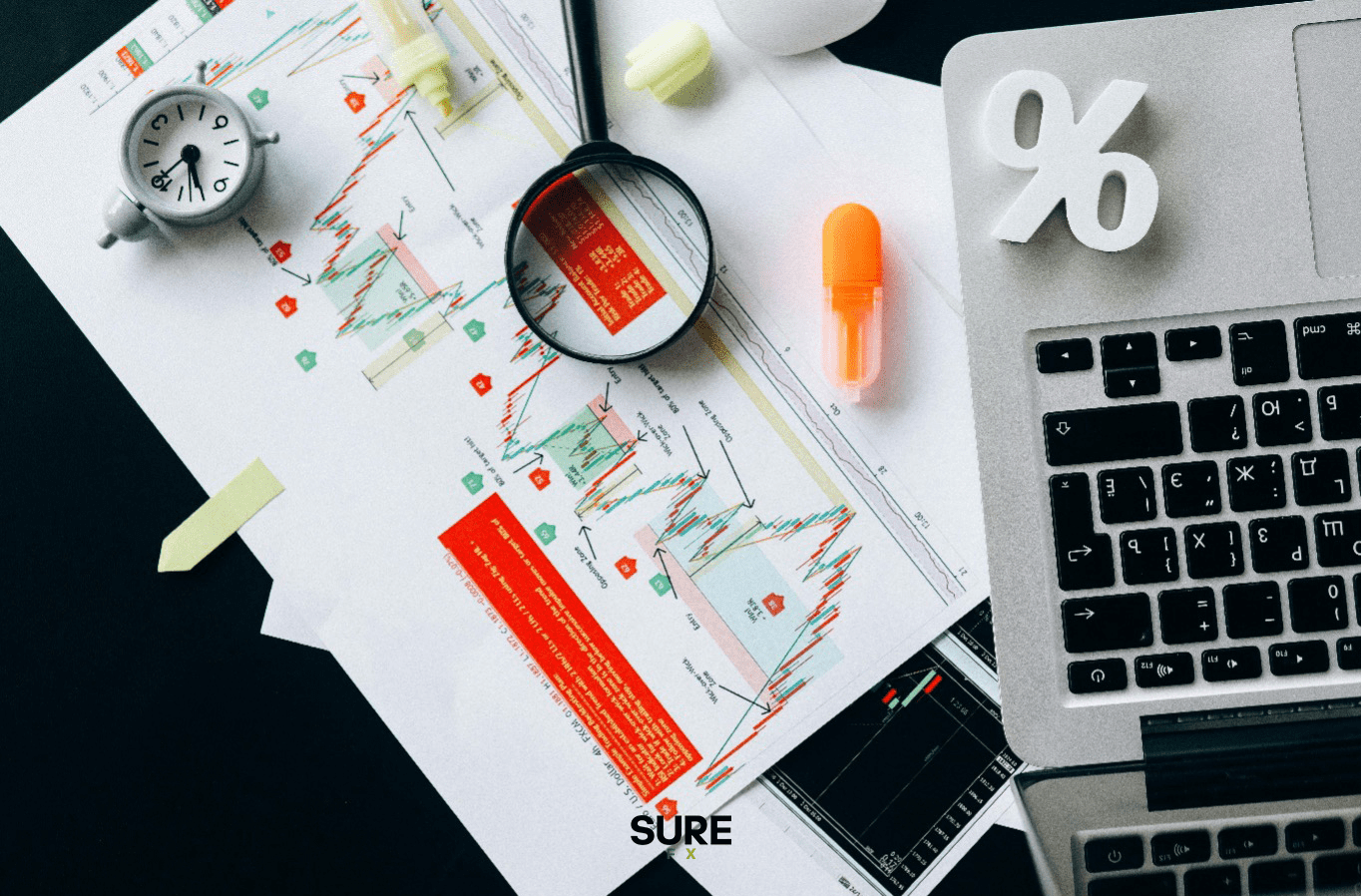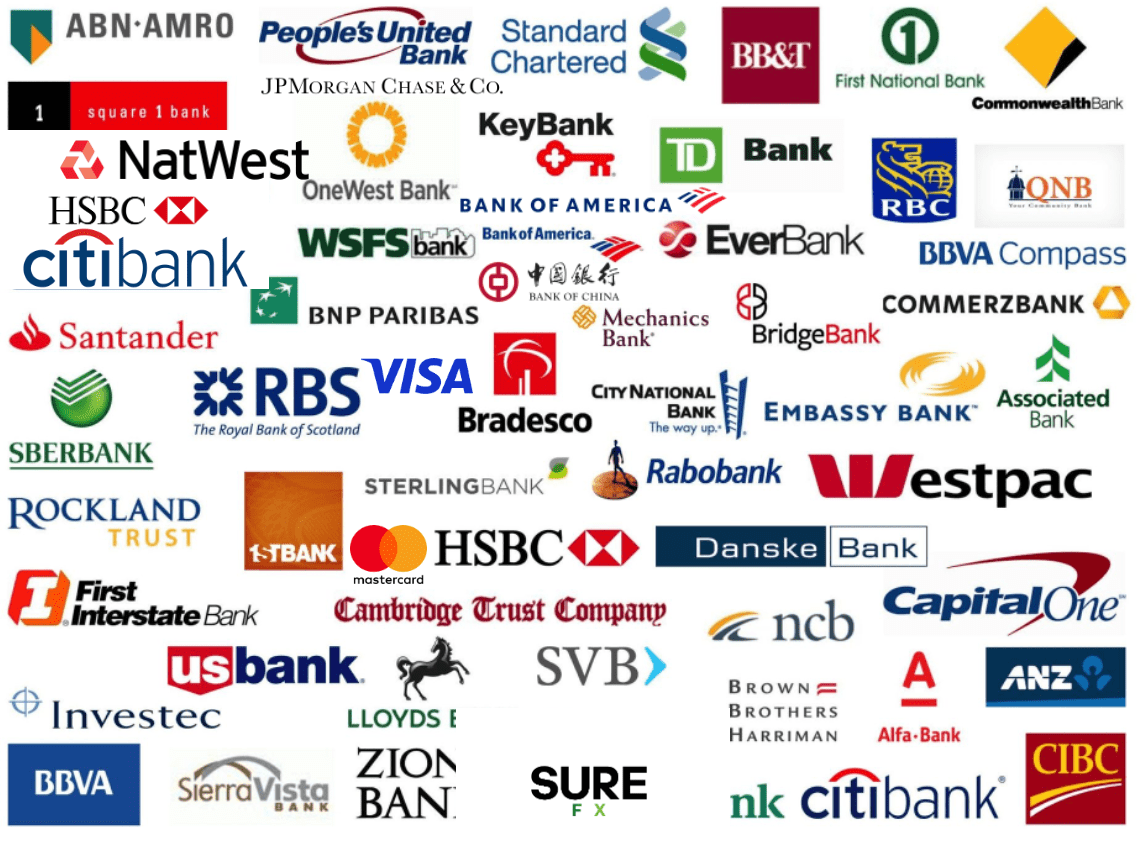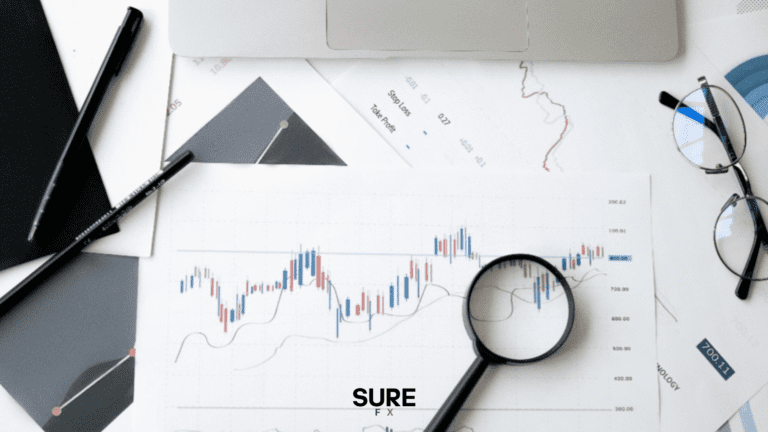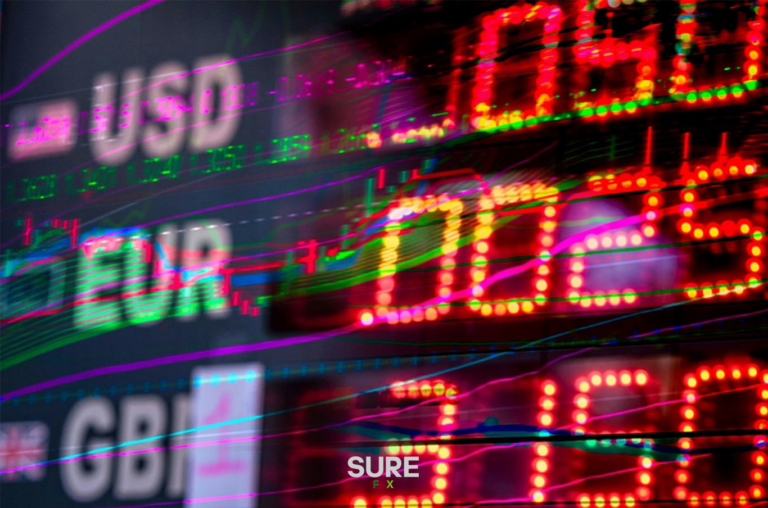F
oreign exchange (forex or FX) trading is often associated with individual traders and speculative investors. However, large businesses and financial institutions, including major banks, play a significant role in the global forex market. These entities approach forex trade investment not as a short-term speculative venture but as a strategic tool for risk management, financial optimization, and enhancing global operations. Their involvement shapes market liquidity, pricing, and even the broader economic landscape. This article explores the role of large businesses and banks in forex trading and the strategic investment approaches they employ.
Understanding the Forex Market
The forex market is the largest and most liquid financial market in the world, with an average daily trading volume exceeding $6 trillion. Unlike stock or bond markets, forex trading involves the exchange of currencies, with participants buying one currency while simultaneously selling another. The market operates 24 hours a day, five days a week, and its participants range from retail traders to multinational corporations, central banks, hedge funds, and investment banks.
While individual retail traders and smaller investors contribute to market activity, forex trading companies, large businesses and banks are the real heavyweights of the forex market, driving much of the daily volume and liquidity.

The Role of Large Businesses in Forex Trading
- Hedging Currency Risks
One of the primary reasons large businesses participate in forex trade investment is to hedge against currency risks. Multinational corporations that operate across borders are exposed to fluctuations in exchange rates, which can significantly affect the value of their revenues, costs, and profits. For example, a U.S.-based company that exports products to Europe will earn revenue in euros. If the euro weakens against the dollar, the company’s revenue in dollars will be worth less when converted.
To mitigate this risk, businesses use various hedging strategies, including forward contracts, options, and currency swaps. These financial instruments allow them to lock in exchange rates for future transactions, thus ensuring predictability in cash flows. By engaging in the forex market, businesses can protect their bottom line from volatile exchange rate movements.
- Facilitating International Trade
Forex banking is crucial for businesses involved in international trade. Importers and exporters need to exchange currencies to conduct transactions, pay suppliers, or receive payments from customers in foreign currencies. Companies may also use forex markets to manage their working capital, ensuring they have the necessary liquidity to operate efficiently across different markets.
For example, a Japanese automobile manufacturer exporting cars to the United States would need to exchange yen for U.S. dollars to receive payment. Similarly, a European pharmaceutical company may need to convert euros into yen to pay for raw materials sourced from Japan. Forex banking ensures that businesses have access to the currencies they need to conduct such cross-border transactions.
- Global Investment Strategies
Larger corporations also use forex trading as part of their broader investment strategies. Many multinational firms invest in foreign assets such as stocks, bonds, and real estate, which exposes them to currency fluctuations. By strategically managing their foreign currency positions, companies can increase returns on these investments while minimizing the impact of exchange rate volatility.
For instance, a U.S.-based corporation investing in emerging market economies may choose to hedge its currency exposure in countries like Brazil or India. This could involve using forex contracts to manage the risk associated with fluctuations in the local currencies relative to the U.S. dollar.
The Role of Banks in Forex Trading
- Market Makers and Liquidity Providers
Banks are among the most active participants in the forex market, acting as market makers and liquidity providers. Large financial institutions such as JPMorgan Chase, Deutsche Bank, and Citibank facilitate much of the daily trading activity. They provide liquidity by continuously quoting bid and ask prices for currency pairs, ensuring that other market participants can easily buy or sell currencies.
Banks make money from the difference between the bid and ask price (the spread) and from trading on behalf of clients. They also engage in proprietary trading, where they take positions in currencies based on their own analysis and market expectations. By providing liquidity and facilitating trades, banks help maintain smooth functioning of the forex market.
- Central Banks and Currency Policy
Central banks play a crucial role in the forex market by implementing monetary policy and influencing currency values. Through actions such as setting interest rates, conducting open market operations, or engaging in foreign exchange interventions, central banks can influence the value of their national currencies.
For example, the U.S. Federal Reserve, the European Central Bank (ECB), and the Bank of Japan regularly engage in forex market operations to stabilize or adjust the value of their currencies in response to economic conditions. When central banks lower interest rates or inject liquidity into the economy, it can lead to a depreciation of the national currency, which can have widespread effects on global forex markets.
- Currency Trading for Profit and Investment
In addition to acting as intermediaries, large banks actively trade currencies for profit. Banks engage in proprietary forex trading by taking positions based on macroeconomic trends, geopolitical events, and technical analysis. These trading strategies can be short-term (day trading) or long-term (position trading), depending on the bank’s goals and market outlook.
Furthermore, banks use forex trading to manage their own balance sheets and funding needs. For example, if a bank needs to adjust its exposure to foreign currency assets or liabilities, it may engage in forex trading to rebalance its portfolio and minimize risk. This can also include investing in foreign currencies as part of a diversified global investment strategy.

Strategic Investment Approaches in Forex Trading
Large businesses and banks do not approach forex trading in the same way as retail traders or speculators. Their strategies are typically long-term, risk-managed, and closely tied to their overall business and financial goals. Here are some of the strategic approaches used by these entities:
- Hedging and Risk Management
Both businesses and banks use forex trading primarily for hedging purposes. Hedging allows them to protect against adverse currency movements, thus ensuring stable cash flows and minimizing unexpected costs. Hedging strategies vary based on the type of exposure and time horizon involved but often involve using forward contracts or options to lock in exchange rates.
- Diversification of Currency Exposure
Larger corporations and banks may seek to diversify their currency exposures to reduce risk. By spreading investments across different currencies and markets, they can mitigate the impact of a currency crisis or political instability in any single country. This is particularly important for multinational corporations with operations in a wide range of geographic regions.
- Macro and Geopolitical Analysis
Banks and businesses involved in forex trading often rely on in-depth macroeconomic and geopolitical analysis. This involves studying the economic fundamentals of different countries, such as GDP growth, inflation rates, interest rates, and political stability, to predict future currency movements. For example, if a country is experiencing high inflation and interest rate cuts, its currency may be expected to depreciate. Large entities use such analysis to inform their trading and investment decisions.
- Algorithmic and High-Frequency Trading
In recent years, banks and large financial institutions have increasingly turned to algorithmic trading and high-frequency trading (HFT) to capitalize on market inefficiencies and generate profits. These strategies involve using sophisticated computer programs to execute trades at extremely fast speeds, often in fractions of a second. Algorithmic trading allows institutions to analyse vast amounts of market data and execute trades based on predetermined criteria, helping them manage large volumes of transactions efficiently.
Conclusion
Large businesses and banks play an essential role in the forex market, not only as liquidity providers and market makers but also as strategic investors managing currency risks, optimizing cross-border transactions, and aligning their foreign exchange positions with broader financial objectives. Their participation helps stabilize the market, provides liquidity, and influences exchange rate dynamics on a global scale. For businesses, the ability to hedge against currency fluctuations is critical for protecting international revenue streams, while banks leverage forex trading for profit generation and portfolio management. Understanding the strategic approaches of these entities provides valuable insight into how the forex market operates and the complex interplay between global economics and forex bank exchange rates.






